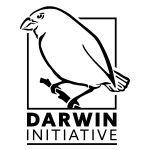
THE BUDONGO – BUGOMA CORRIDOR RESTORATION PROGRAM (BBC - RP)
The ECOTRUST Biocredits Program
With support from the Darwin Initiative and in Partnership with IIED, ECOTRUST is developing a Biocredits – based incentive arrangement in support of community – based restoration of connectivity between Budongo and Bugoma Central Forest Reserves in the Northern Albertine Rift. This Biocredits Project aims to enhance biodiversity conservation, adaptive capacity, and climate change mitigation while promoting sustainable community livelihoods and well-being. It achieves this by developing biodiversity credits as incentives for conservation, preserving ecosystems, and supporting local community prosperity. Targeting local forest communities and private forest owners, the project focuses on restoring a critical ecosystem in Uganda’s Northern Albertine Region, focusing on connectivity between major forest blocks, which is crucial for biodiversity conservation.
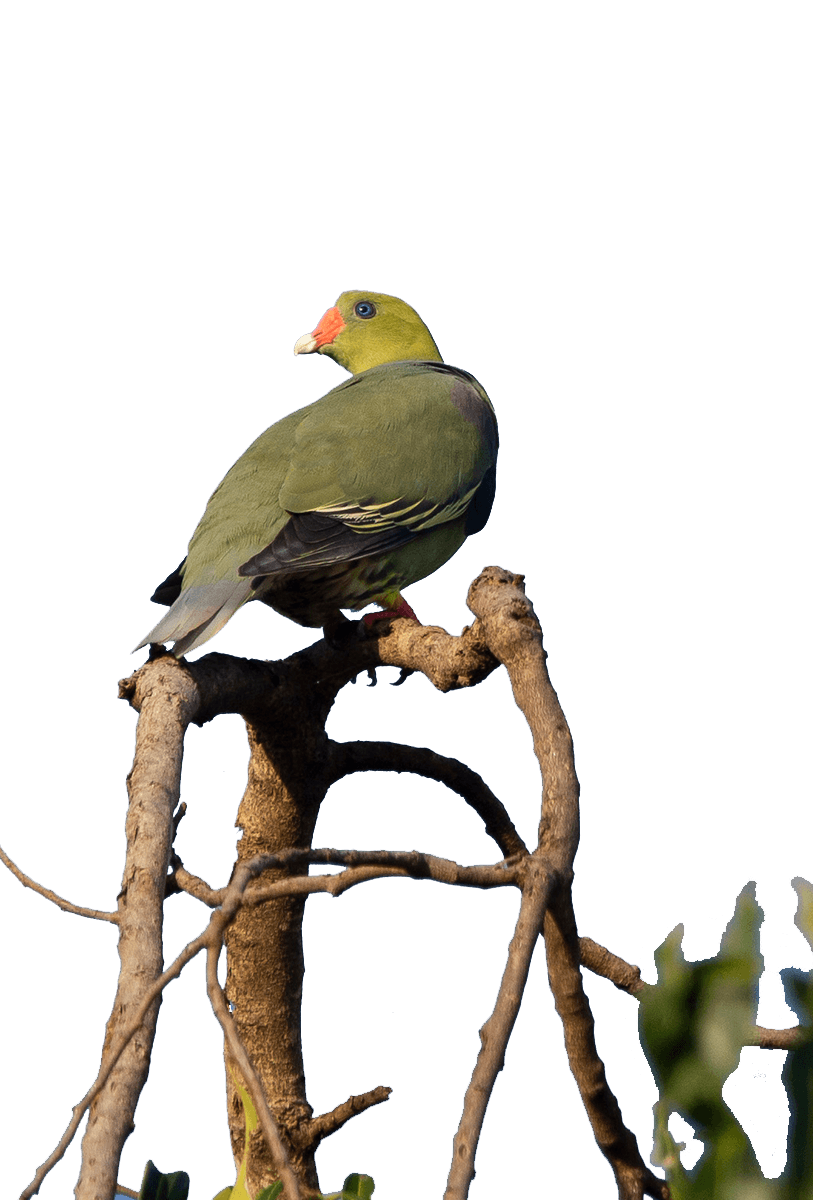

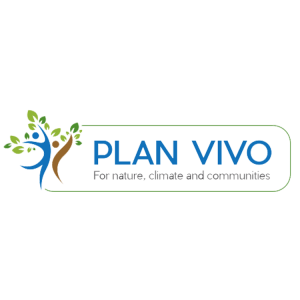



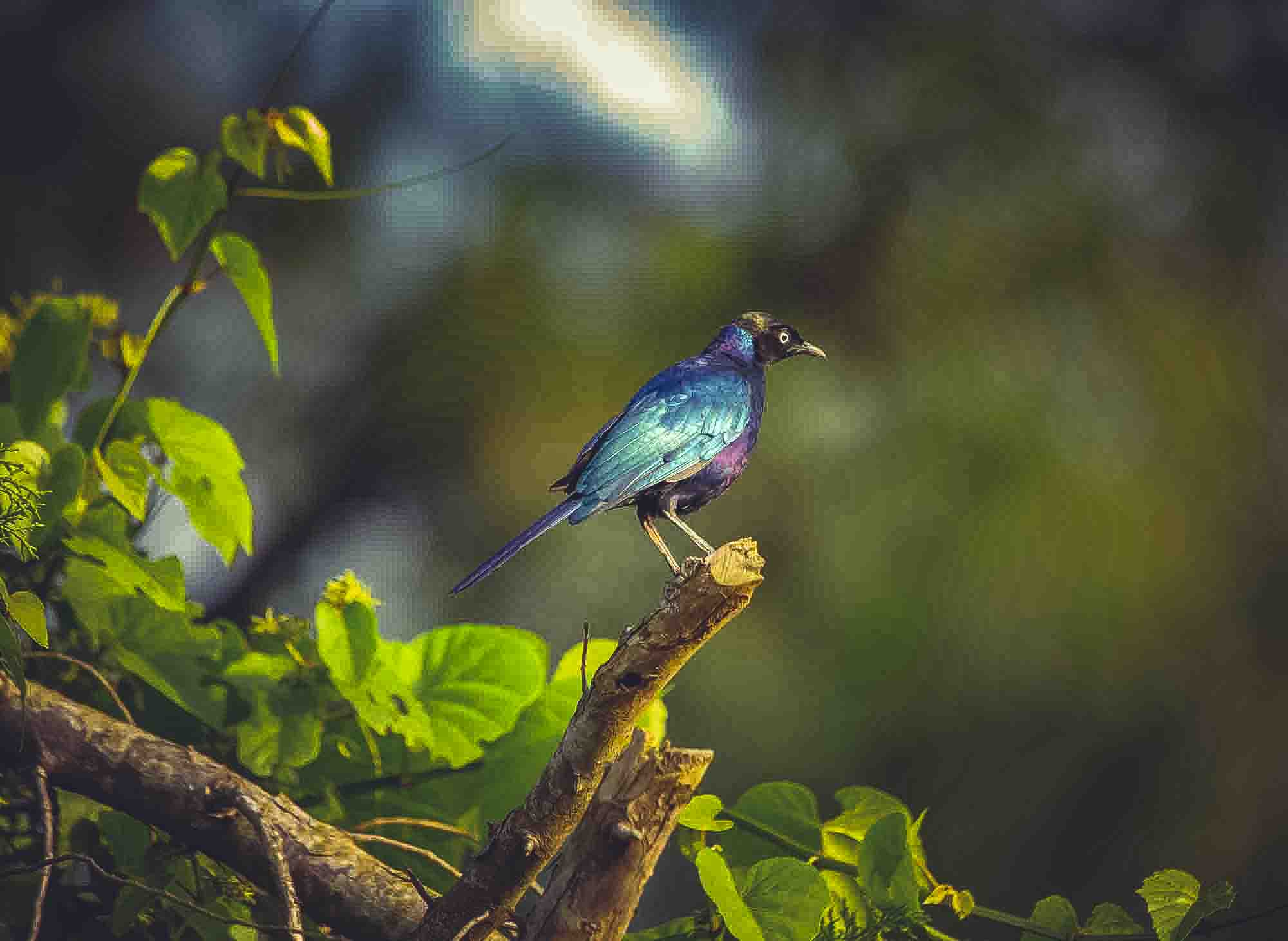
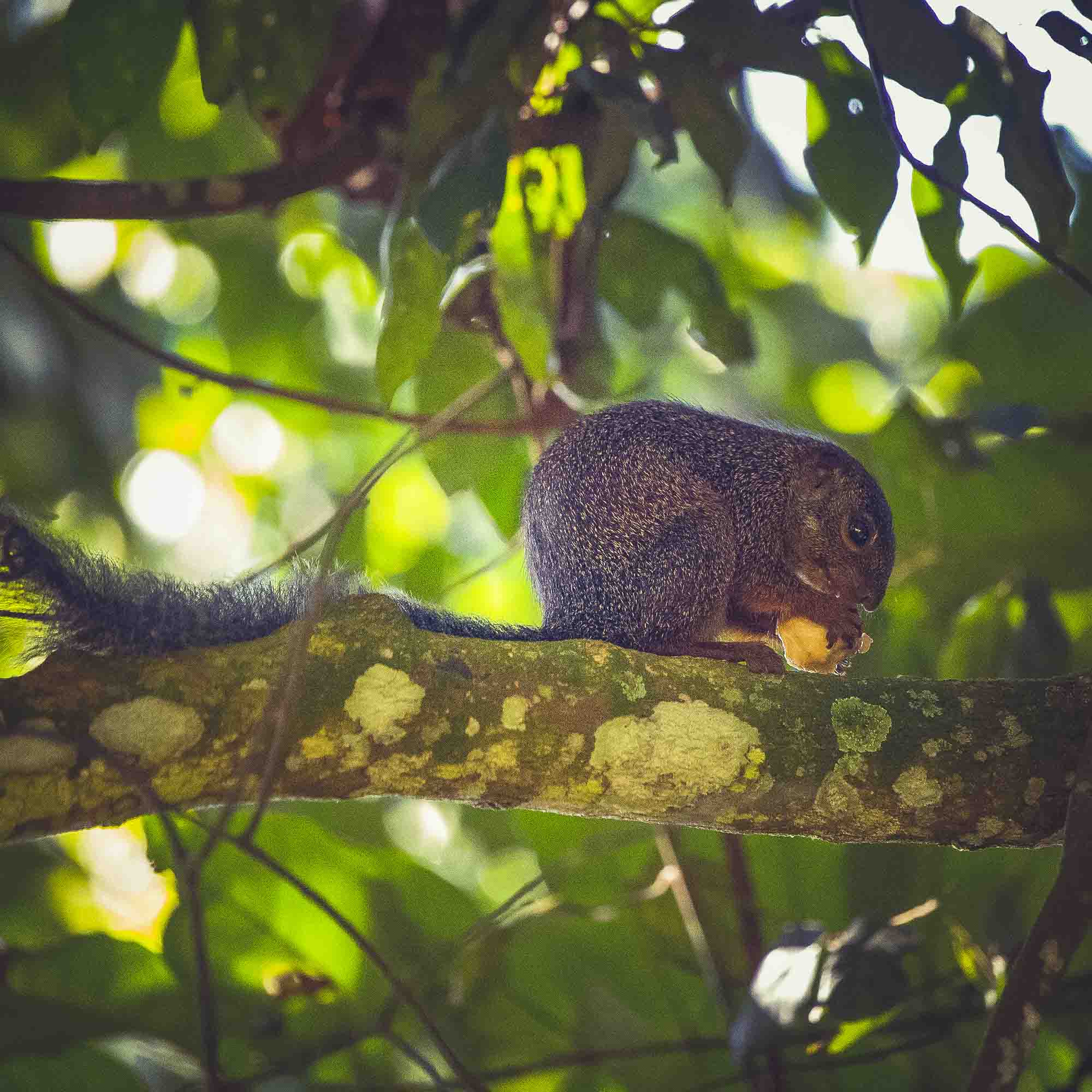
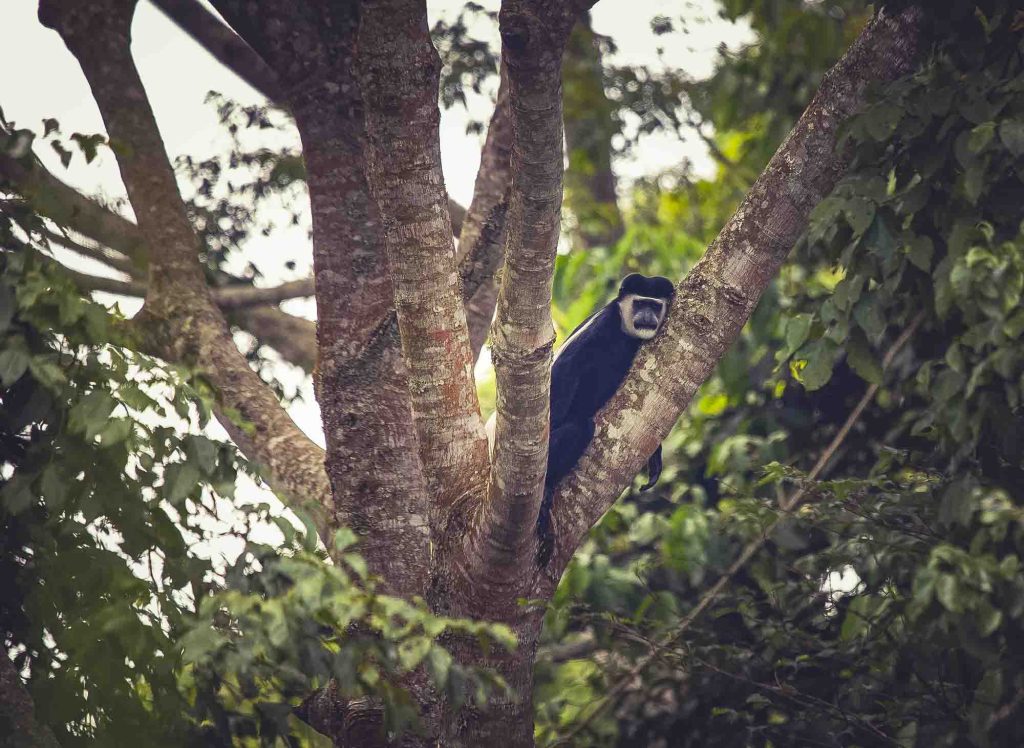
This is a community – designed / owned/led corridor restoration programme, seeking to secure and restore the connectivity of the wildlife corridor between the Bugoma-Budongo Forest Reserves in Western Uganda to ensure conservation of the rich biodiversity, climate resilience and sustainable livelihoods in the Northern Albertine Rift. The tropical forests of the Albertine Rift harbour an astounding biodiversity; 52% of Africa’s bird species; 39% of its mammal species; 19% of its amphibians; 14% of its reptiles; and 14% of its plants (Plumptre et al., 2007). The once densely forested project area has been subjected to widespread and rapid degradation, resulting into fragmentation, reducing the corridor connectivity. The fragmentation crisis for biodiversity is severe, especially for the flagship endangered species, the eastern chimpanzee (Pan troglodytes schweinfurthii). Uganda’s remaining 5,000 chimpanzees are confined to the forests of the Northern Albertine Rift (Plumptre, Cox, & Mugume, 2003). Astonishingly, a few groups of chimpanzees continue to move through farmlands between forest patches, with some having their entire home ranges in community land (McCarthy et al., 2015; McLennan & Plumptre, 2012; McLennan, 2008).
The project is targeting to re-establish connectivity by restoring forest around currently highly degraded mainly riverine, tropical high and medium altitude, moist semi-deciduous community forests that serve as steppingstones for wildlife moving between the protected areas. The Project will start with a pilot area of approximately 2,000Ha focusing on linkage 2 (1,228Ha) linking Bugoma to Wambabya and ten patches of degraded land, which have been set aside for creation of community reserves in the area that links Budongo to Kasongoire & Mukhihani.
The project’s primary objective is to enhance biodiversity conservation, adaptive capacity, and mitigation potential to address climate change, while also improving and sustaining community livelihoods and well-being. It seeks to achieve this by developing biodiversity credits as incentives for conservation, promoting ecosystem preservation, and supporting local community prosperity.
Focusing on local forest communities and private forest owners, the project targets the restoration of critical ecosystems in Uganda’s Northern Albertine Region, essential for biodiversity conservation. Key activities include stakeholder engagement through community consultations, biodiversity assessments, and the development of a bio-credits framework tailored to the local context. In addition, capacity building efforts will empower communities to actively participate in and benefit from conservation initiatives.
By fostering collaborative partnerships with local organizations, government agencies, and international conservation bodies, the ECOTRUST Biocredits Project aims to catalyze transformative change in conservation practices. Through these efforts, it endeavors to pave the way for sustainable development and long-term biodiversity conservation in Uganda.
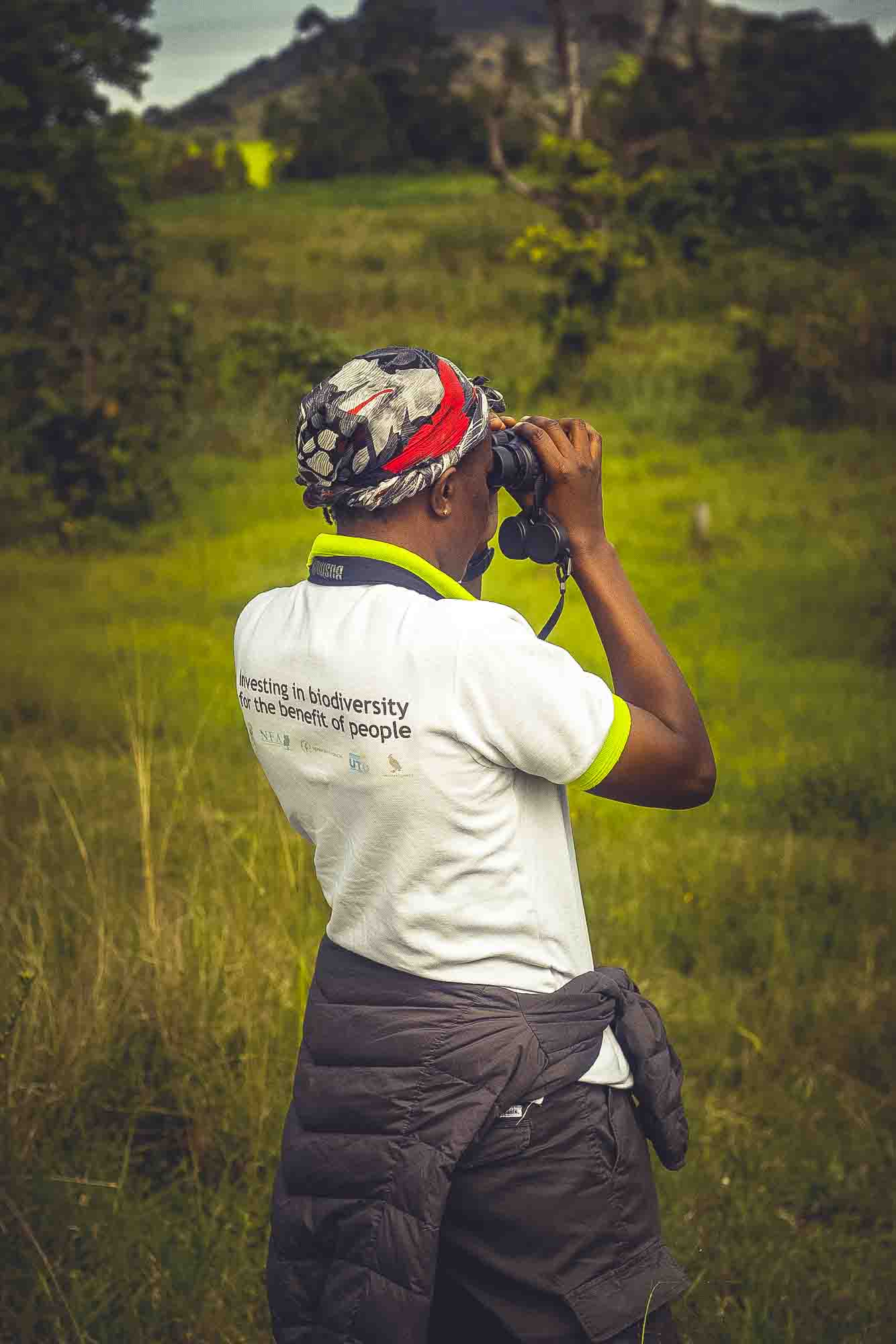
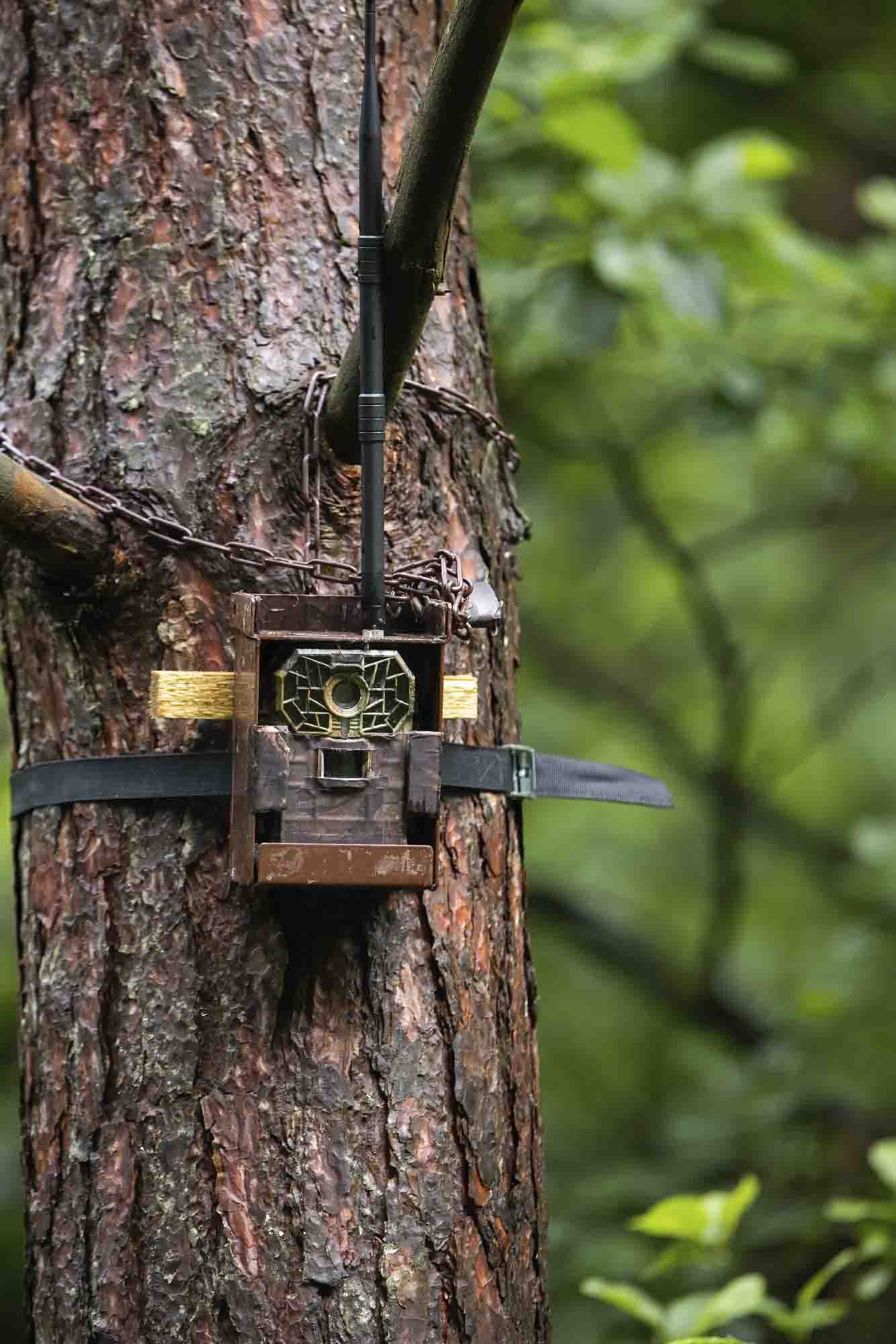
Pink-backed Pelican
Deployment
Double-toothed Barbet
Baboons
Equipment Training
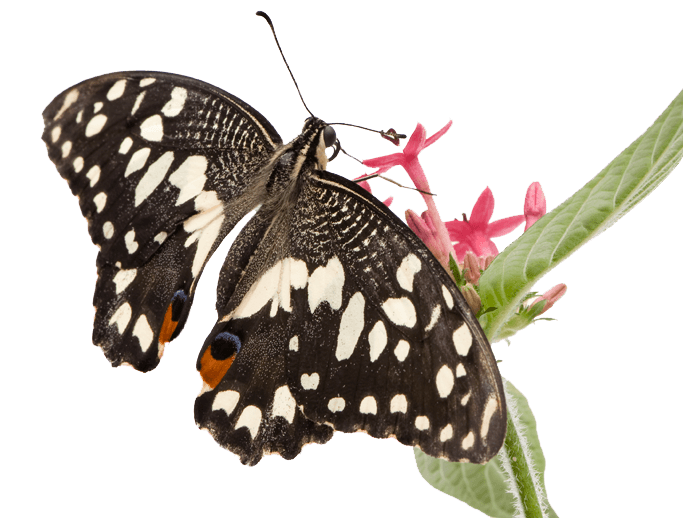

Objective
Enhanced Biodiversity Conservation, adaptive capacity and mitigation potential to Climate Change and improved and sustainable community livelihoods & wellbeing.
The ECOTRUST Bird Book
Download the ECOTRUST curated guide to the birds of the Budongo-Bugoma-Wambabya forest corridor in Uganda’s North Albertine Rift region using the link below.

Community Conservation in Action – A…
During a recent visit to the Murchison Landscape with the International Institute for Environment and Development…
Empowering Women Through Conservation – A…
As part of their visit to assess ECOTRUST’s biodiversity conservation and restoration initiatives within the Murchison…
IIED and SIDA Visit Alimugonza Community…
On Tuesday 18th March 2025, ECOTRUST, together with a team from the International Institute for Environment…

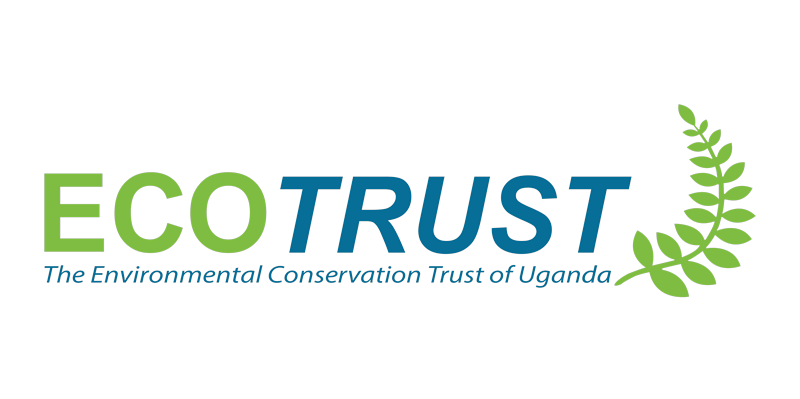
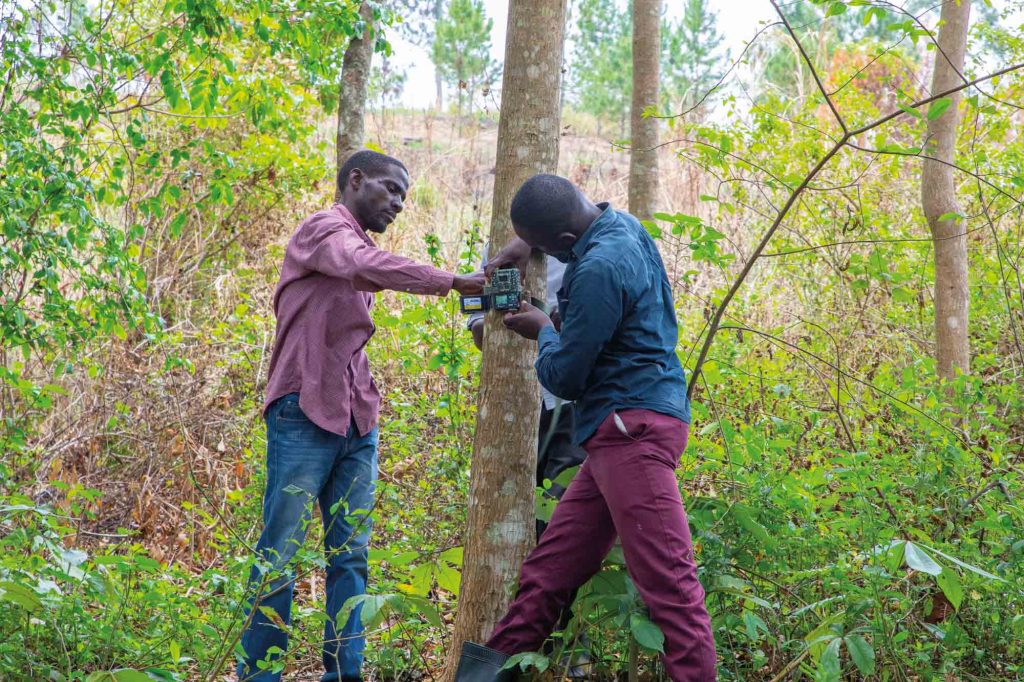
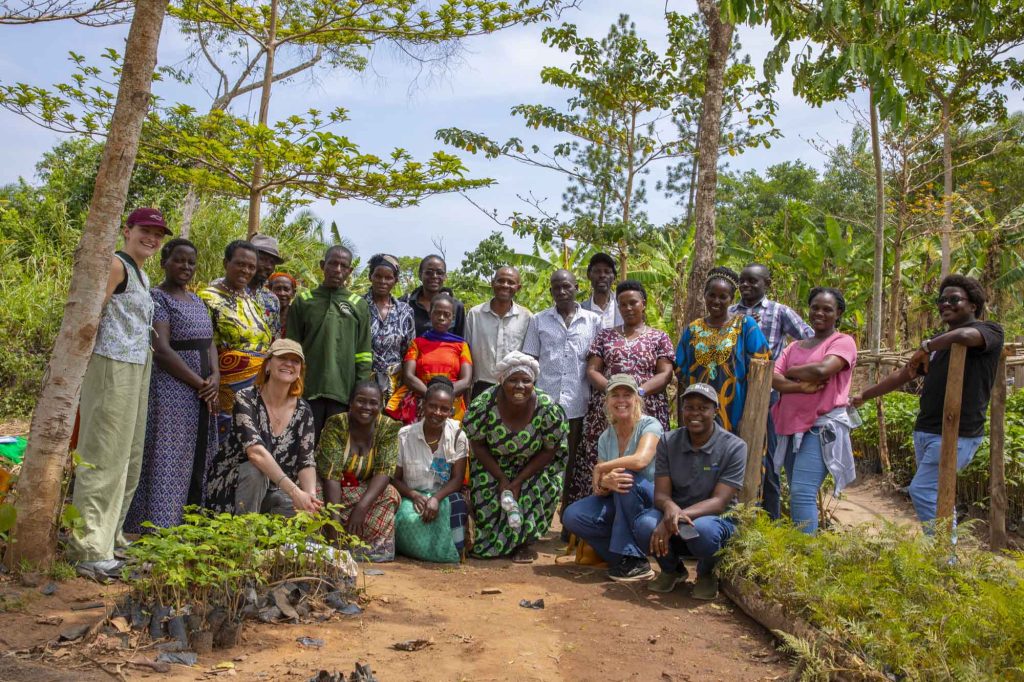
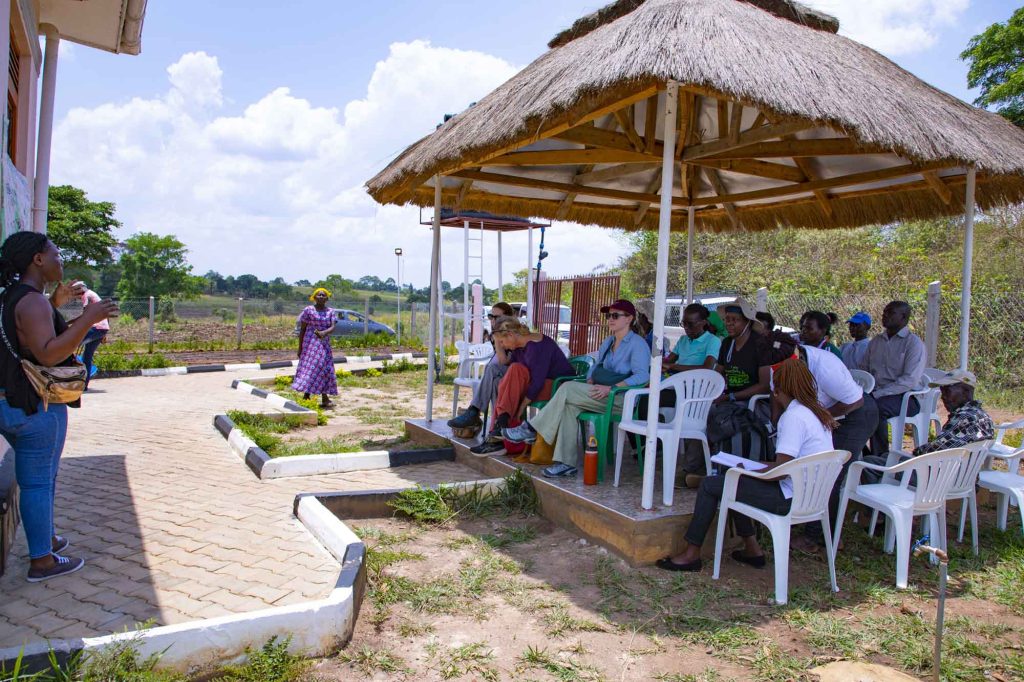
Follow Us On